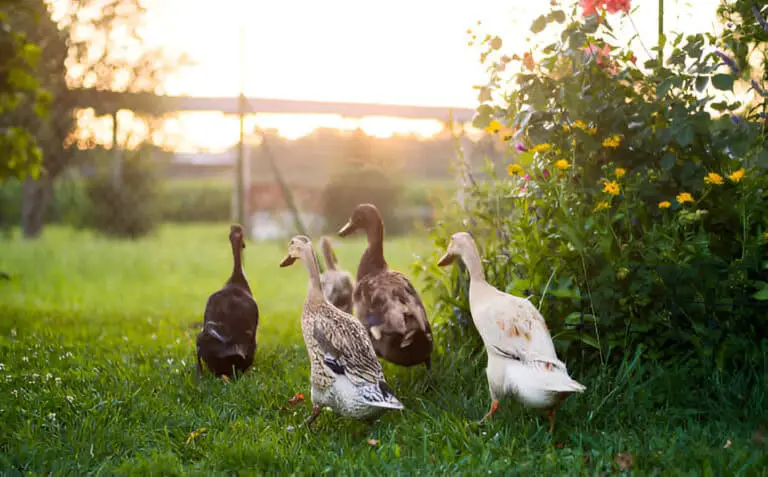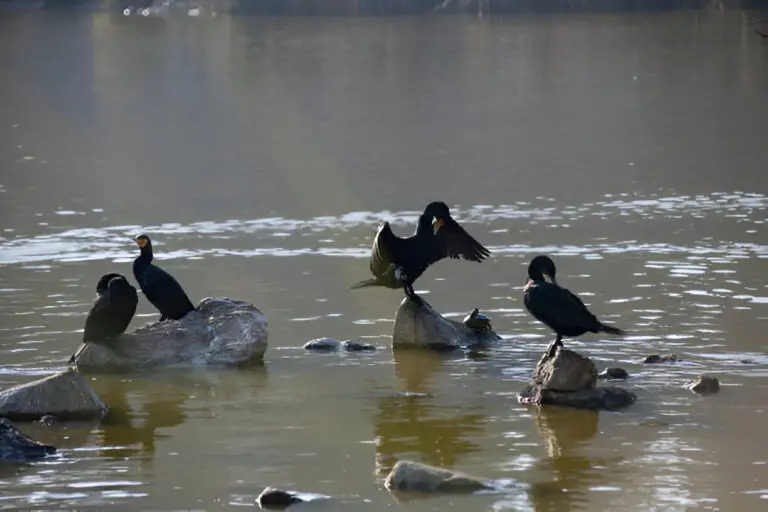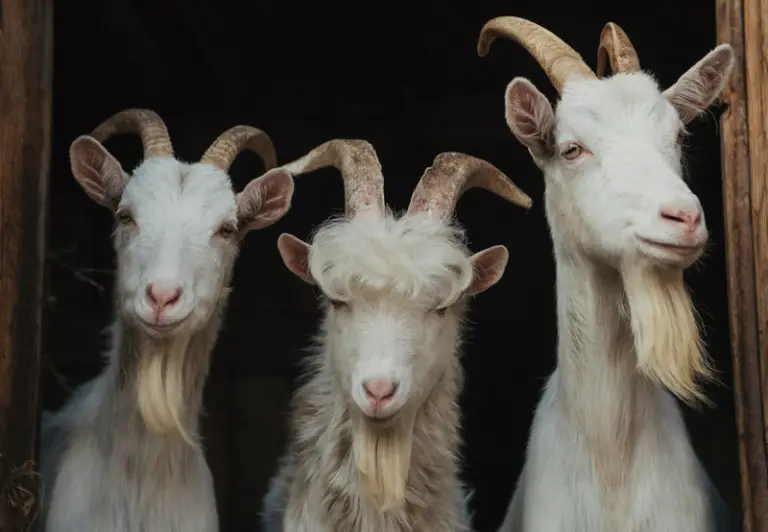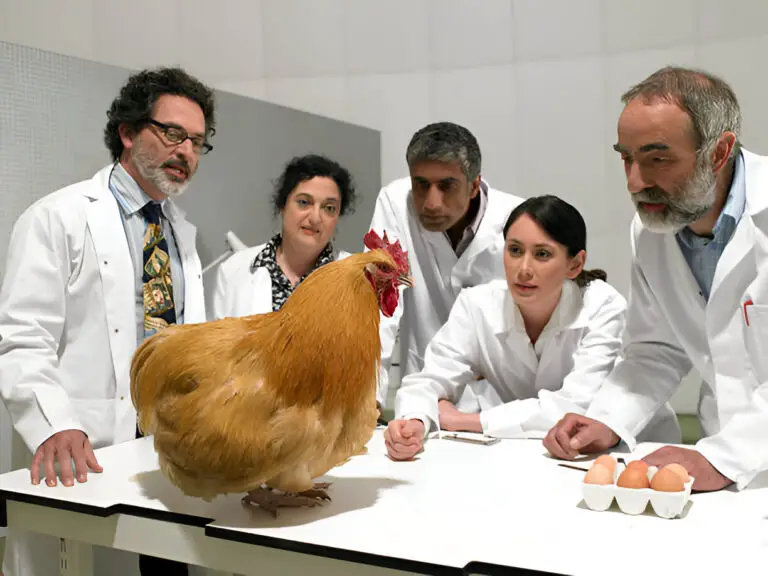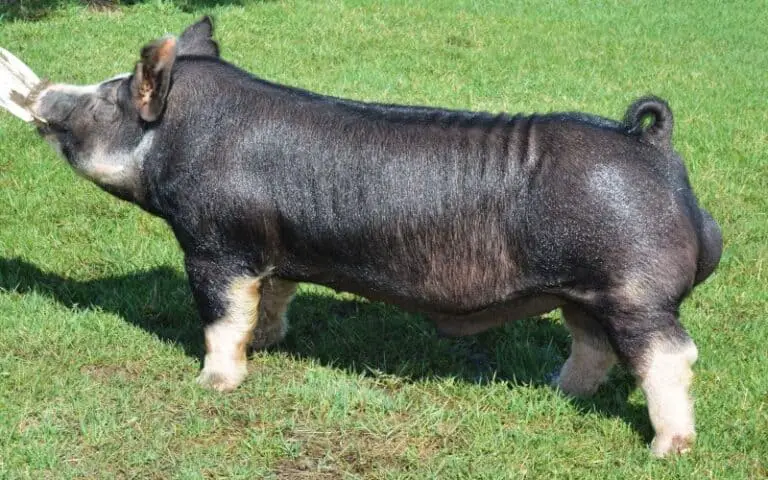Can Ducks and Geese Crossbreed? Myth or Possibility?
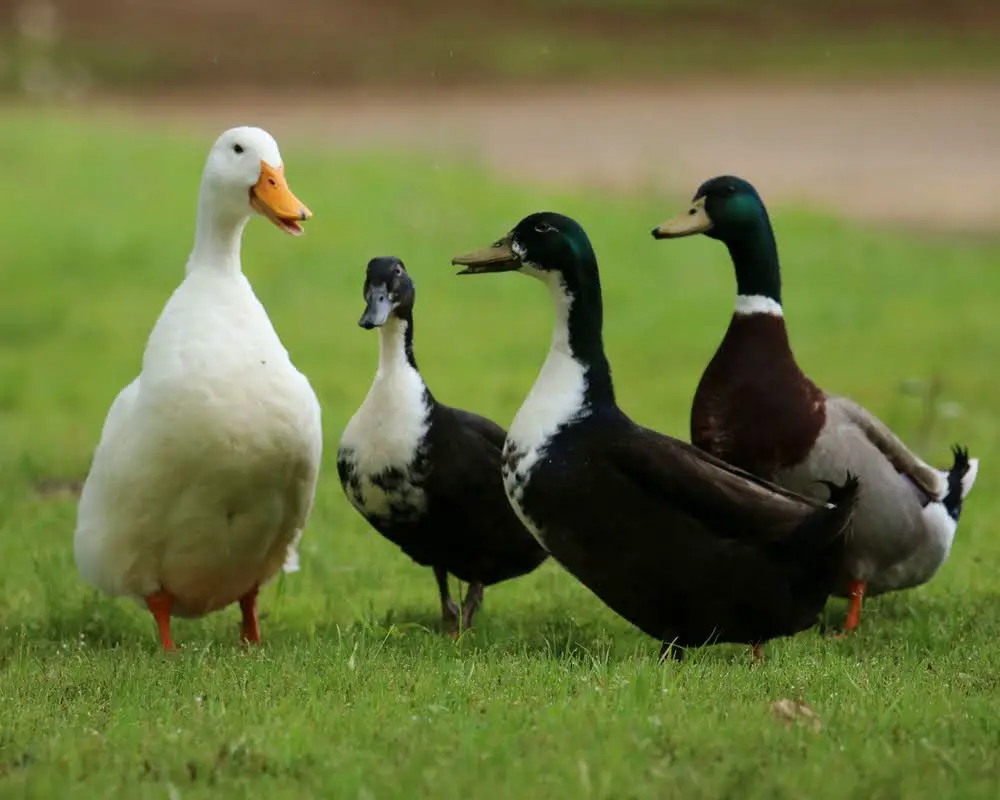
If you’ve spent any time around ducks or geese, you’ve probably marveled at their unique personalities and playful interactions. You may have even pondered an intriguing question: can ducks and geese crossbreed? After all, they share similar features like webbed feet and a fondness for water. Could these two beloved waterfowl become more than just neighbors in a pond and, in fact, produce offspring together?
In this blog post, I’m diving deep into this fascinating topic to uncover the truth behind the myth. So, let’s buckle up and see what really happens when ducks and geese get a little too close for comfort.
Understanding the Basics: Duck vs. Goose
Before we tackle the crossbreeding question, let’s make sure we understand what sets ducks and geese apart. Ducks and geese, while both part of the Anatidae family, belong to different genera. Ducks fall under the genus Anas, while geese belong to the genus Anser. This difference is important because when it comes to interbreeding, closely related species have a better chance of producing viable offspring.
Ducks are typically smaller, with more variety in their species, and are more adaptable to different environments. Their distinctive quacks and playful behavior set them apart in a flock.
Geese, on the other hand, are larger, often migratory, and known for their honking calls. They tend to be more social than ducks, living in tight-knit family groups and flying in impressive V-shaped formations.
Can Ducks and Geese Crossbreed? The Short Answer
Unfortunately, ducks and geese cannot crossbreed in the way you might hope. While they might seem similar in some ways, they are genetically distinct enough that crossbreeding is practically impossible. There are a few reasons why this is the case.
Genetic Differences
The most significant reason ducks and geese cannot crossbreed is the difference in their genetics. While both belong to the same family, they have separate evolutionary paths that make successful crossbreeding highly unlikely. The genetic incompatibilities are similar to how humans cannot naturally produce offspring with chimpanzees, despite both being primates.
Each species has its own number of chromosomes, which is crucial for reproduction. Ducks and geese have different sets, making it impossible for their eggs and sperm to combine and form viable offspring.
Behavior and Mating Habits
Duck mating rituals also play a role in preventing crossbreeding. Ducks and geese have different courtship behaviors and rituals, which usually occur at different times and in distinct ways. Geese, for example, tend to be more monogamous, often forming lifelong bonds with a single mate. Ducks, however, can sometimes be more relaxed about pairing up.
This behavioral divergence makes it highly unlikely for a duck and a goose to form a bond strong enough to mate, even if they happen to share a pond or marsh.
Can They Produce Hybrids?
While ducks and geese themselves can’t crossbreed, it’s possible to see hybrid offspring in the waterfowl world, but it’s typically between two closely related species within the same genus. For example, mallard ducks and black ducks (which are also ducks) can sometimes produce hybrid offspring. This happens because the genetic makeup of the two species is similar enough to allow the fertilization process to work.
The same is true for some species of geese, such as Canada geese and Cackling geese. These two species belong to the same genus and have more similarities, so hybridization between them is possible. But again, ducks and geese are just too genetically different for this to happen.
What About Hybrid Ducks and Geese?
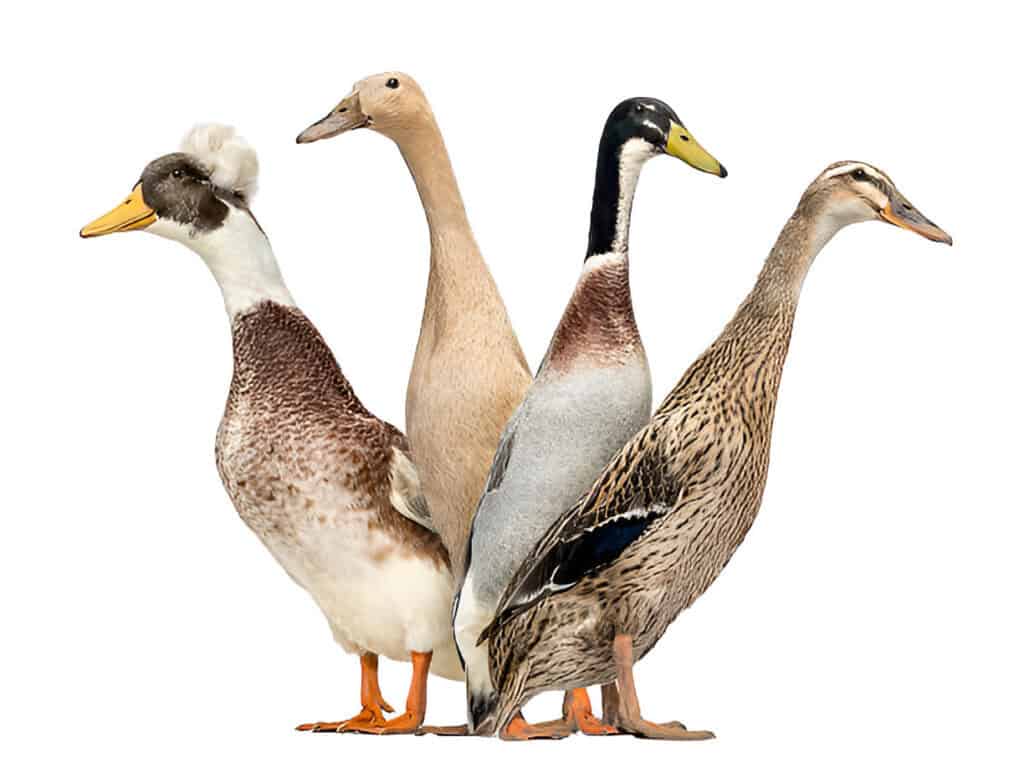
While hybridization between ducks and geese may be off the table, certain hybrids in the world of ducks do exist. The most famous example is the “mule duck,” which is a cross between a Pekin duck and a Muscovy duck. These hybrids are usually sterile, meaning they cannot reproduce, but they are known for their hardiness and unique characteristics.
Despite these inter-duck hybrids, the gene pool between ducks and geese remains separate, ensuring that these two majestic birds will never crossbreed.
| Read: Do Male Ducks Change Color? The Shocking Truth Feathers Don’t Tell |
What Does This Mean for Your Flock?
If you’re a proud duck or goose owner, don’t worry—your birds are unlikely to be interbreeding anytime soon. The peaceful coexistence of ducks and geese in your backyard is great, but you can rest assured that they will not be blending their genes into a hybrid flock.
However, if you do want to create your own hybrid ducks, there are some inter-duck crossbreeding opportunities available, but that’s a conversation for another day. Focus on maintaining a healthy environment for your ducks and geese, ensuring they have space to thrive and be their wild, charming selves.
Final Thoughts: Nature’s Boundaries
While it’s fun to think about the possibilities of ducks and geese joining forces in the name of love (or science!), the reality is that these two species are better off in their own worlds. The genetic and behavioral differences between them are simply too great to overcome for crossbreeding.
In the grand scheme of things, nature has set boundaries for a reason. Ducks and geese are wonderful in their own right, each bringing unique qualities to the natural world. Let them continue to glide peacefully through their own paths, whether it’s a pond, a marsh, or the sky above.
So, next time you see a duck and a goose sharing space, remember: they may share a love for water, but they’ll always stay true to their own kind.
Key Takeaways:
- Ducks and geese are genetically different and cannot crossbreed successfully.
- Hybridization can occur between closely related species but not between ducks and geese.
- The behavioral and physical differences between ducks and geese also prevent interbreeding.
- Focus on nurturing your flock with the knowledge that these birds are best enjoyed as distinct species.


